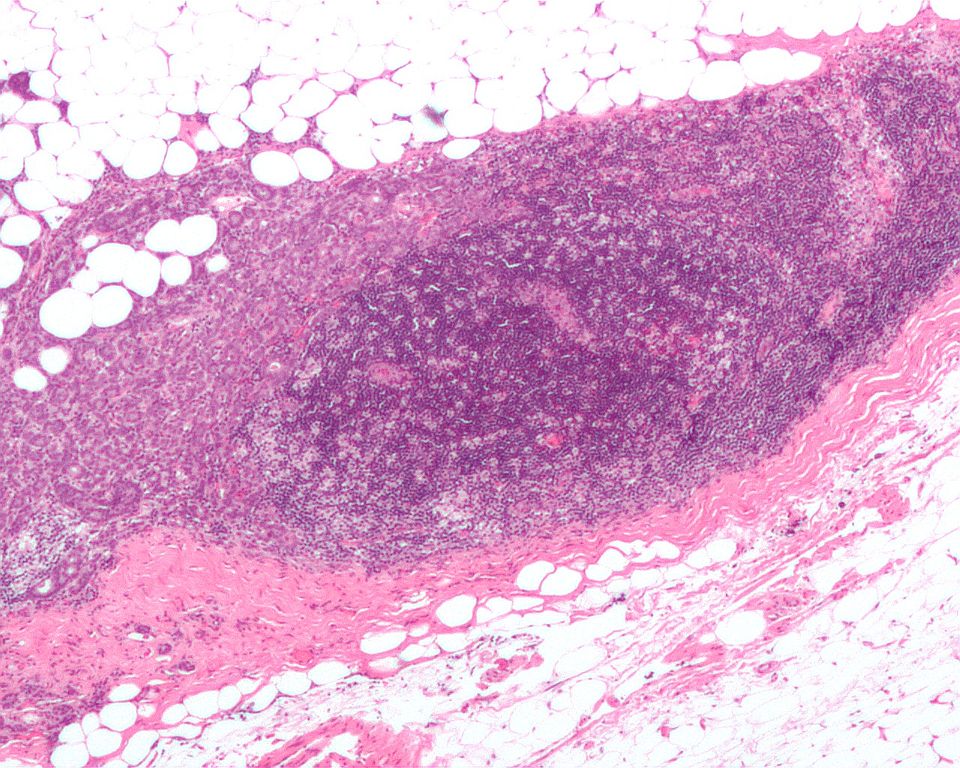
Swiss biotech Polyphor has reported that its investigational asset, balixafortide, has failed to meet co-primary endpoint in a late-stage breast cancer study.
The global Phase III study, FORTRESS, assessed the effectiveness of balixafortide (POL6326) in combination with eribulin for treating patients with HER2 negative, locally recurrent, or metastatic breast cancer.

Discover B2B Marketing That Performs
Combine business intelligence and editorial excellence to reach engaged professionals across 36 leading media platforms.
A primary analysis of the results shows that the combination drug did not improve objective response rate (ORR) when compared with eribulin alone arm (13.0% versus 13.7%; p=1.00) in the third line and later population followed for a minimum of six months.
The eribulin alone arm also outperformed the balixafortide plus eribulin arm in clinical benefit rate, a key secondary endpoint of the study.
However, the safety and tolerability profile of balixafortide in the study was in line with the previously reported Phase Ib study.
The company will continue to assess the study data, review it with experts, and confirm its future next month.

US Tariffs are shifting - will you react or anticipate?
Don’t let policy changes catch you off guard. Stay proactive with real-time data and expert analysis.
By GlobalDataPolyphor CEO Gökhan Batur said: “Given the high unmet medical need for patients with HER2 negative breast cancer in a late stage of the disease, we are disappointed that the FORTRESS study did not meet its coprimary endpoint.
“We thank all the patients, investigators and healthcare professionals, as well as our employees for their active participation in this study.”
The failure of the FORTRESS study also forced Polyphor board of directors to initiate a strategic assessment regarding the future of the company. The assessment will explore multiple options and will provide an update before the end of next month.





